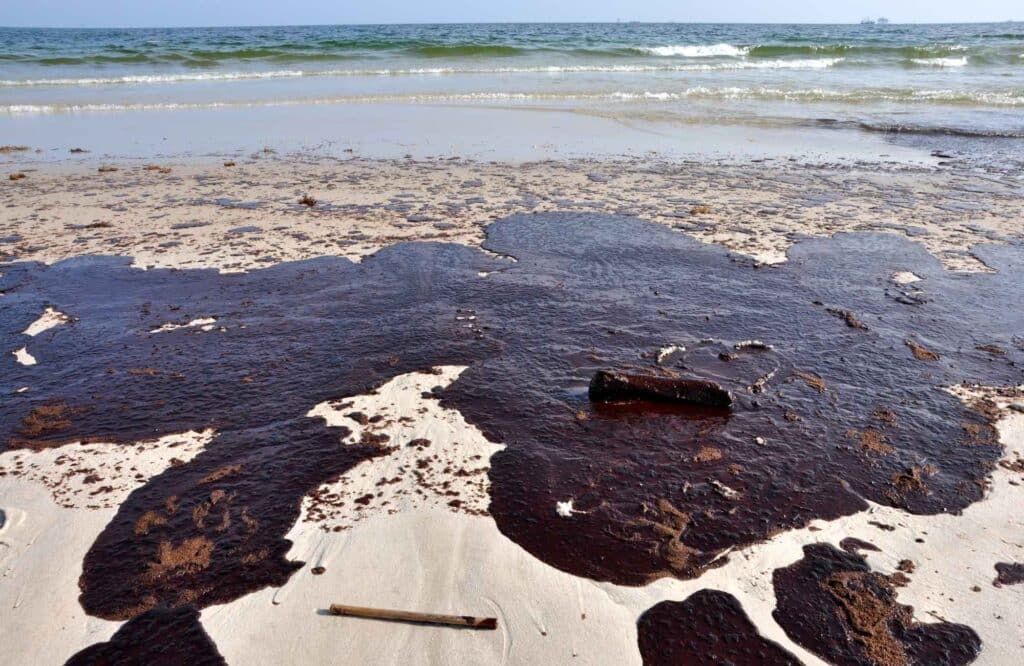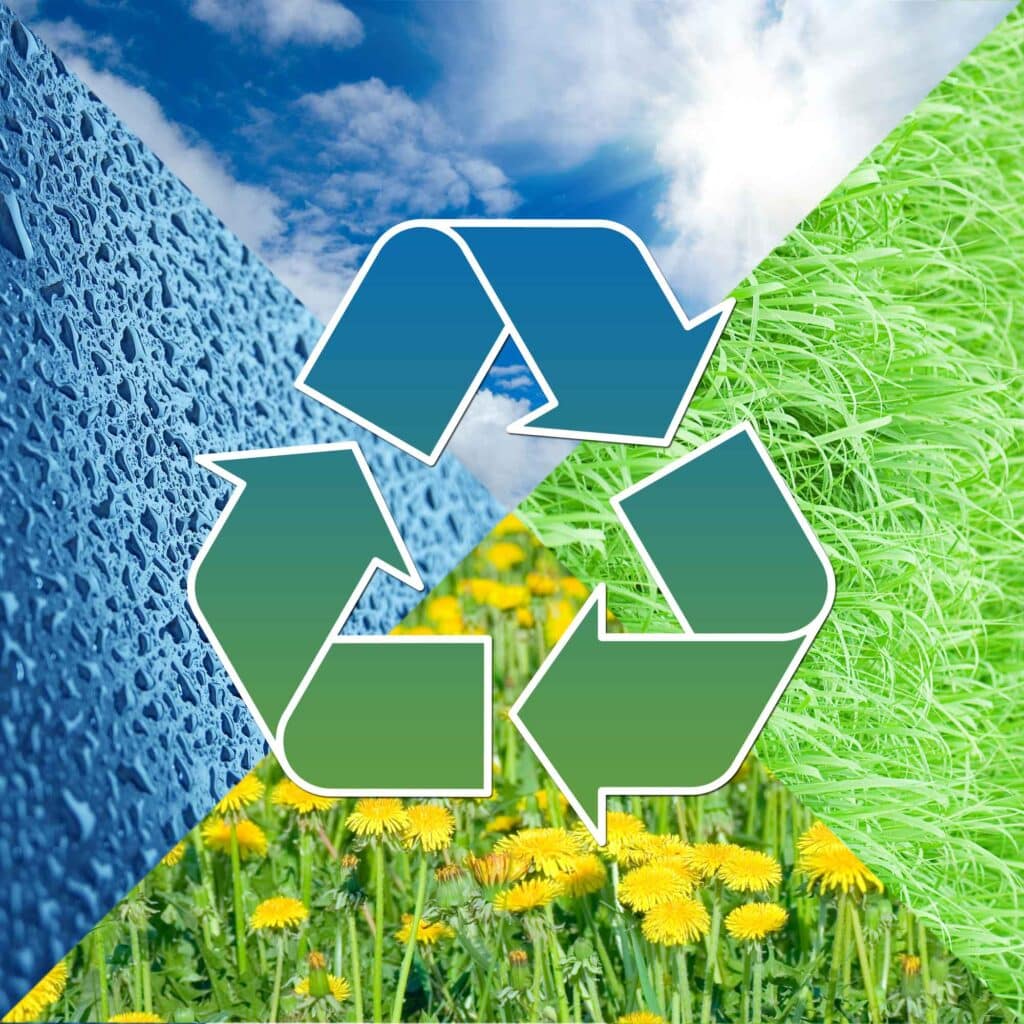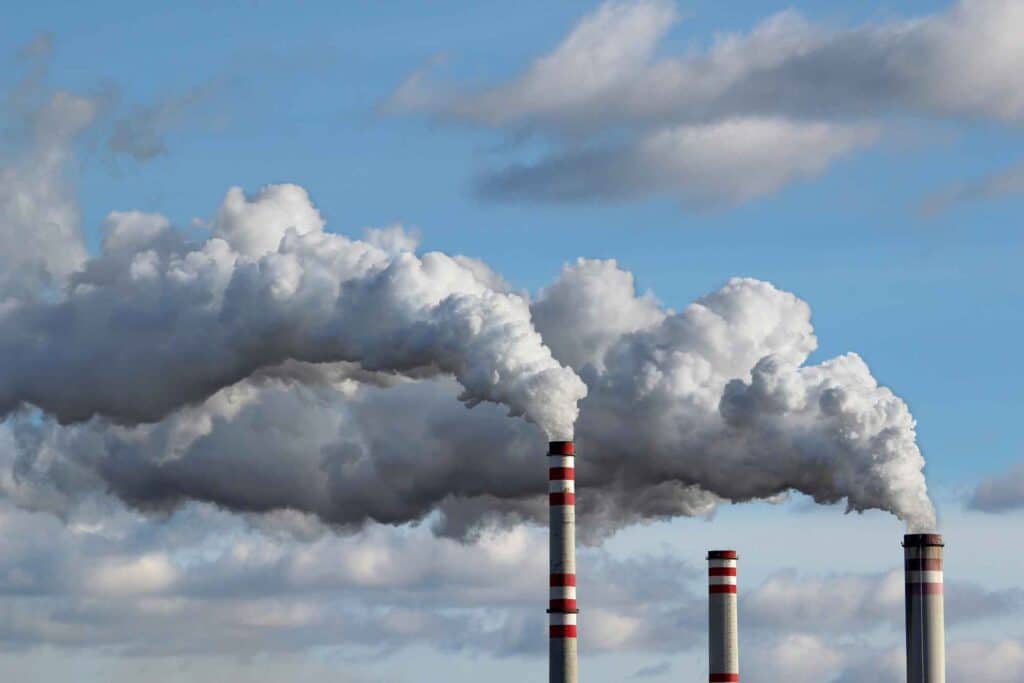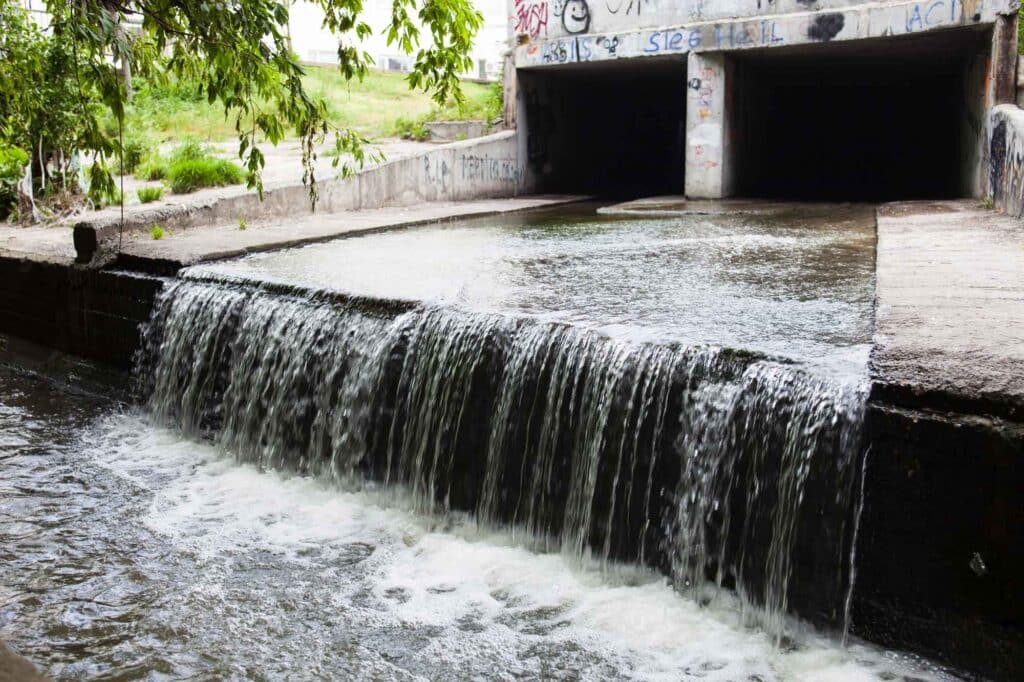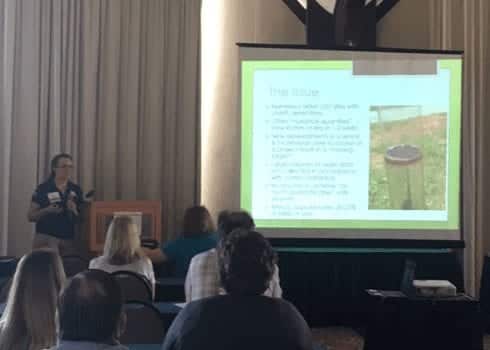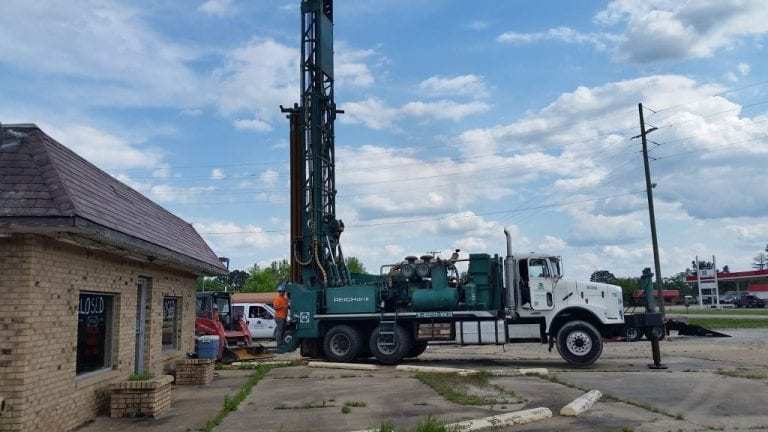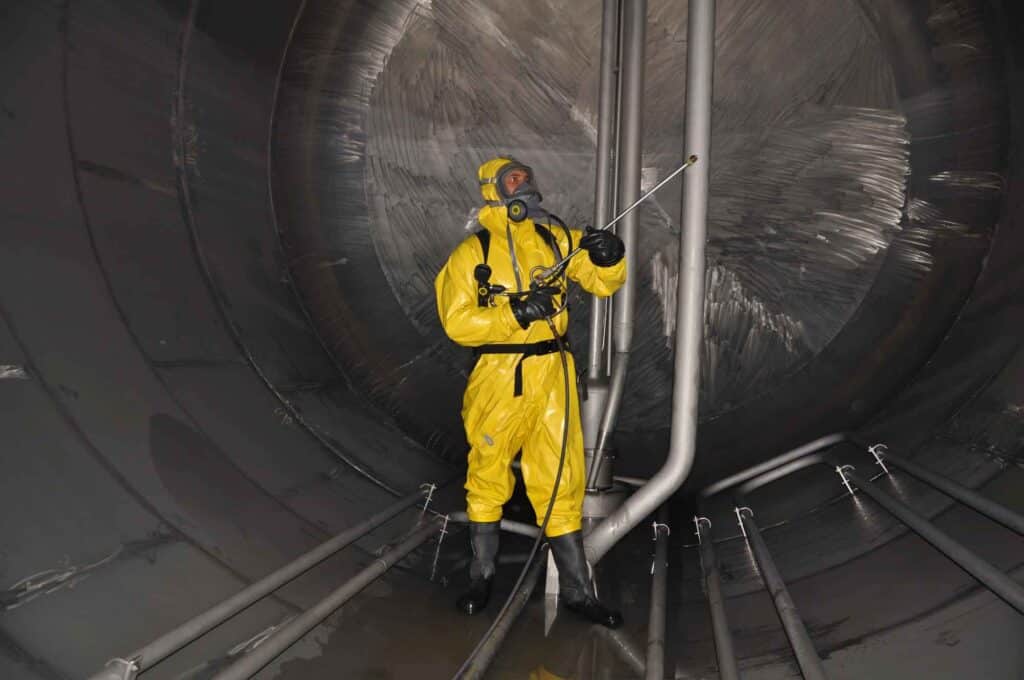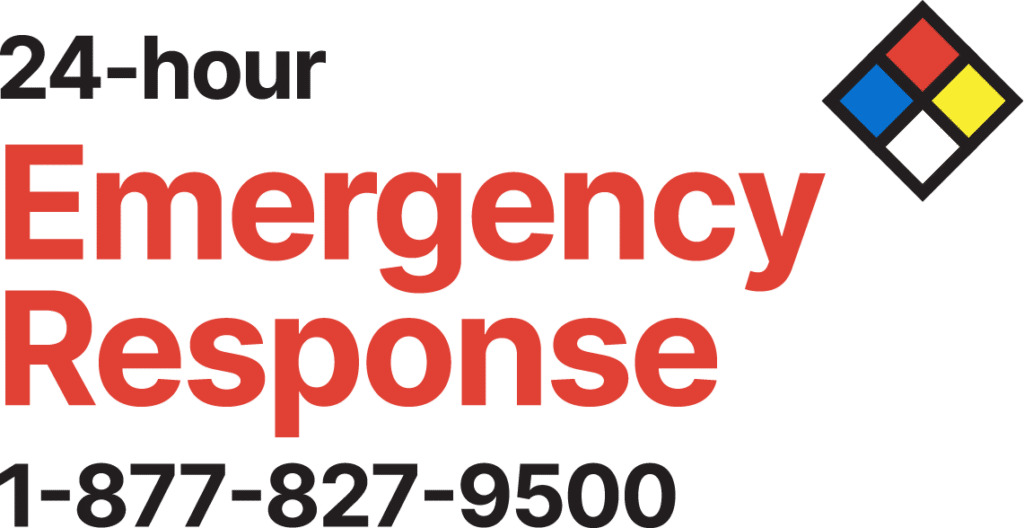About 95% of all underground and above ground storage tanks store petroleum products like oil or gasoline. Tanks may hold industrial chemicals, pesticides, or even food products though. To ensure a quick response to spills from tanks, the EPA emphasizes the importance of preparation and uses several rules and regulations to enforce this. The Spill …
Source Reduction Strategies
Source reduction, also known as waste prevention, is the practice of reducing the amount of materials that enter the “waste stream,” or the life cycle of the garbage produced by humans, by targeting them at their source. Not only does this save natural resources, conserve energy, reduce pollution, and lower the toxicity of human waste, …
EPCRA Reporting Requirements
Did you know that the deadline for annual EPCRA reporting is right around the corner? By March 1st, you must submit your report for the previous calendar year. Use our list of FAQs below to better understand EPCRA reporting requirements. EPCRA Reporting Requirements Is my facility covered? If your facility must maintain material safety data …
Analyzing Air Pollution Emissions
The term emissions describes the gases and particles produced or emitted into the air by various sources. The amount and types of emissions in the United States change frequently due to many factors, including the economy, traffic, and technological advancements. To protect both human health and the environment, the EPA aims to reduce the emissions of …
EWI Presents at the Missouri APA Conference 2017
In mid-October, EWI Senior Project Manager Bobbilynne Koepke and Due Diligence Manager Nick Godfrey presented at the Missouri American Planning Association (APA) conference in St. Louis. Their presentation, “Expect the Unexpected,” focused on a specific case study of the new Mass Transit Center, which opened last year in Springfield, Missouri. Presenting at the Missouri APA Conference 2017 …
What is a SWPP, and Why Do You Need One?
What is a SWPPP? SWPPP is an acronym for Stormwater Pollution Prevention Plan. When stormwater drains away from a surface, it accumulates debris, sediments, chemicals, and more as it flows over land and impervious surfaces. SWPPPs are a requirement of the 1972 amendments to the Federal Water Pollution Control Act (the Clean Water Act) through the …
Why Environmental Training Is So Important
Does your organization generate, store, transport, treat, or dispose of hazardous waste? If you answered yes to any of these possibilities, then you must comply with the regulations of the U.S. Environmental Protection Agency (EPA). What you don’t know can hurt you, which is why environmental training is so important. Staying in compliance with environmental …
EWI Senior Project Manager Presents at MWCC Environmental Conference 2017
On July 18, 2017, EWI Senior Project Manager Bobbilynne Koepke presented at the Missouri Waste Control Coalition (MWCC) Environmental Conference at Tan-Tar-A Resort at the Lake of the Ozarks. The MWCC Environmental Conference is held annually to help bring together citizens, regulators, business members, and industry professional to discuss current hot topics in the constantly …
New Tanks Site Ownership Rule in Missouri
Starting December 31, 2017, a new tanks site ownership rule will go into effect in Missouri, affecting approximately 300 landowners across the state. This law, or statute, is related to the cleanup of former petroleum storage tank properties (typically old gas stations). New Tanks Site Ownership Rule History of the Law First, for a little …
PSTIF Will Not Insure Incompatible Tanks After 2018
As part of the 2017 Missouri Department of Natural Resources (MoDNR) Underground Storage Tanks (USTs) rule changes, UST system operators must demonstrate that they are using equipment or components approved for use with the regulated substance stored. If improper equipment or components are used, this incompatibility can lead to releases of stored substances from the …


